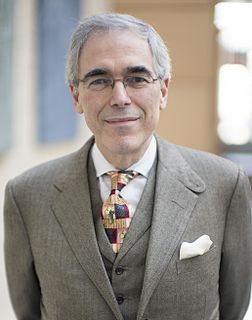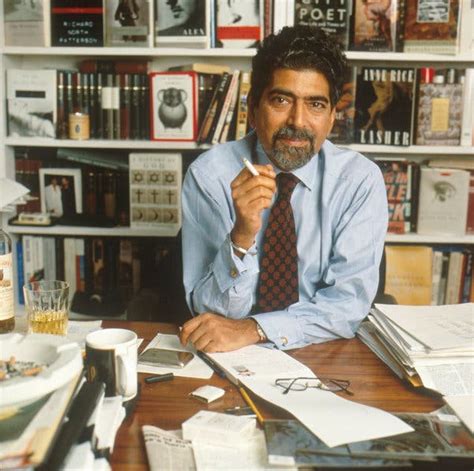A Quote by Thomas Pogge
It is irrational to charge high prices for socially valuable innovations as this guarantees that they will be underutilized. It is much better to sell them at cost and then to reward the innovator in some other way. This is not always possible, because in some cases the value of an innovation is in the eye of the beholder; it's very difficult to value how much a new Madonna song is worth, for example. But in the case of medicines, green technologies and seeds in agriculture, such an alternative reward mechanism is fairly straightforward.
Quote Topics
Agriculture
Alternative
Always
Because
Beholder
Better
Case
Cases
Charge
Cost
Difficult
Example
Eye
Eye Of The Beholder
Fairly
For Example
Green
Guarantees
Guarantees That
High
High Price
High Prices
How
How Much
Innovation
Innovations
Innovator
Irrational
Madonna
Mechanism
Medicines
Much
New
Other
Possible
Prices
Reward
Seeds
Sell
Socially
Some
Song
Straightforward
Technologies
Them
Then
Valuable
Value
Very
Way
Will
Worth
Related Quotes
We have this highly irrational system of incentivizing innovation for clean and green technologies, where we allow the innovator to have a temporary monopoly and then mark up the price of the product or sell licenses at high prices to those who want to use the kind of product that the innovator has invented. This system is collectively irrational because many people, to avoid the inflated prices of still-patented cleaner and greener technologies, opt for some older technology that is much more polluting.
[F]or women, like tradesmen, draw in the injudicious to buy their goods by the high value they themselves set upon them.... They endeavor strongly to fix in the minds of their enamoratos their own high value, and then contrive as much as possible to make them believe that they have so many purchasers at hand that the goods--if they do not make haste--will all be gone.
If some institution wants to sell you a billion dollars worth of mortgages, they might have to sell 100 million in the market, and then you'll buy the other 900 million on the same terms. Now, the very fact that this has been authorized or will be authorized, I hope, will firm up the market to some degree. And that's fine. But you don't want to have artificial prices being paid.
There's some boring advice for improvisers beginning their careers like "see as much of it as you can and do as much of it as you can." Volume, in a way, is the most important thing. Not, like, decibel volume - just immerse yourself in it as much as possible. I'd also suggest that you put a high value on your personal interests and tastes.
If you have an area where high-income receivers concentrate, you have a higher fiscal capacity. That fiscal capacity is a valuable resource and will create rent-seeking. People will trying to get that resource one way or the other, including immigration. It is very much like the medieval peasants putting their sheep on the commons pasture. It is better than the open range, and if you let them have open access they will, in fact, put too many sheep on the pasture and waste the value that the pasture has.
Every time we choose action over ease or labor over rest, we develop an increasing level of self-worth, self-respect and self-confidence. In the final analysis, it is how we feel about ourselves that provides the greatest reward from any activity. It is not what we get that makes us valuable, it is what we become in the process of doing that brings value into our lives. It is activity that converts human dreams into human reality, and that conversion from idea into actuality gives us a personal value that can come from no other source.








































